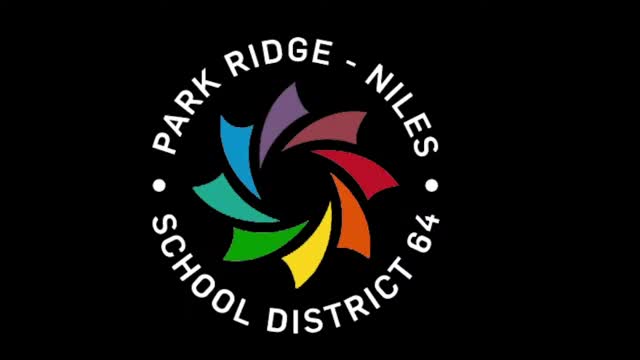Budget Proposal Sparks Debate Over Student Services Funding
July 18, 2024 | Park Ridge CCSD 64, School Boards, Illinois

This article was created by AI summarizing key points discussed. AI makes mistakes, so for full details and context, please refer to the video of the full meeting. Please report any errors so we can fix them. Report an error »

During a recent government meeting, officials engaged in a critical discussion regarding a proposed budget of $98 million, with concerns raised about its long-term impact on students requiring special services. One member expressed apprehension about the financial risk associated with the larger budget, suggesting a reduction to $82 million to better reflect community expectations and fiscal responsibility.
The member emphasized that a lower budget could enhance the likelihood of community support, questioning the rationale behind increasing the budget when data on its effectiveness was lacking. This sentiment sparked a broader conversation about the necessity of evaluating each budget recommendation individually, rather than viewing them as a collective package.
Another official proposed a more methodical approach to the discussion, advocating for a thorough examination of each item to ensure that all aspects received equal consideration. This strategy aims to foster consensus among board members while identifying potential areas for budget cuts that would not compromise essential services.
The meeting underscored the delicate balance between financial prudence and the need to provide adequate support for students, highlighting the ongoing debate over educational funding priorities.
The member emphasized that a lower budget could enhance the likelihood of community support, questioning the rationale behind increasing the budget when data on its effectiveness was lacking. This sentiment sparked a broader conversation about the necessity of evaluating each budget recommendation individually, rather than viewing them as a collective package.
Another official proposed a more methodical approach to the discussion, advocating for a thorough examination of each item to ensure that all aspects received equal consideration. This strategy aims to foster consensus among board members while identifying potential areas for budget cuts that would not compromise essential services.
The meeting underscored the delicate balance between financial prudence and the need to provide adequate support for students, highlighting the ongoing debate over educational funding priorities.
View full meeting
This article is based on a recent meeting—watch the full video and explore the complete transcript for deeper insights into the discussion.
View full meeting
